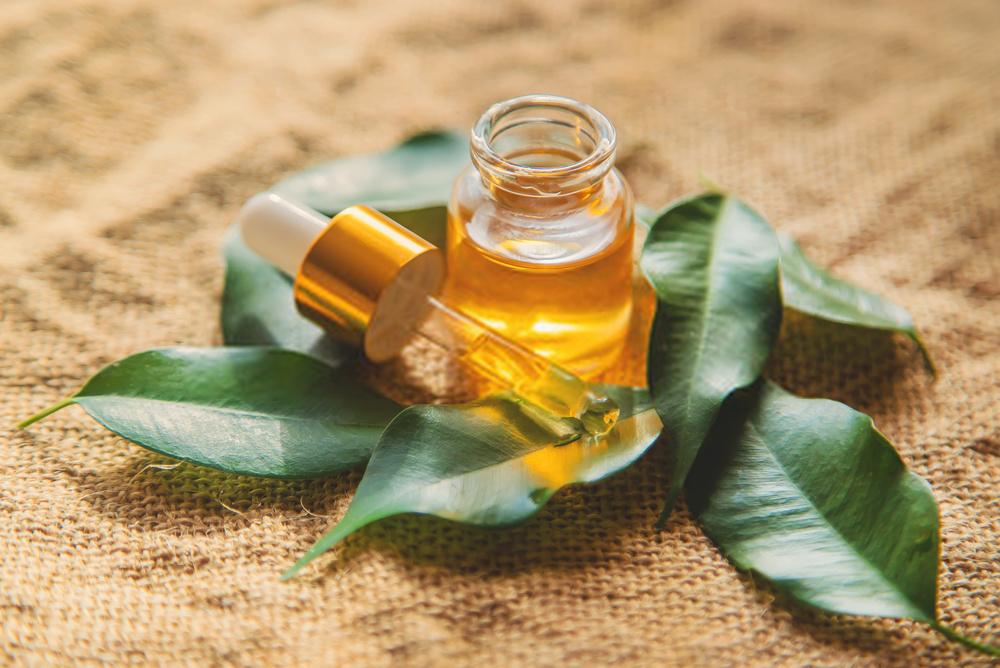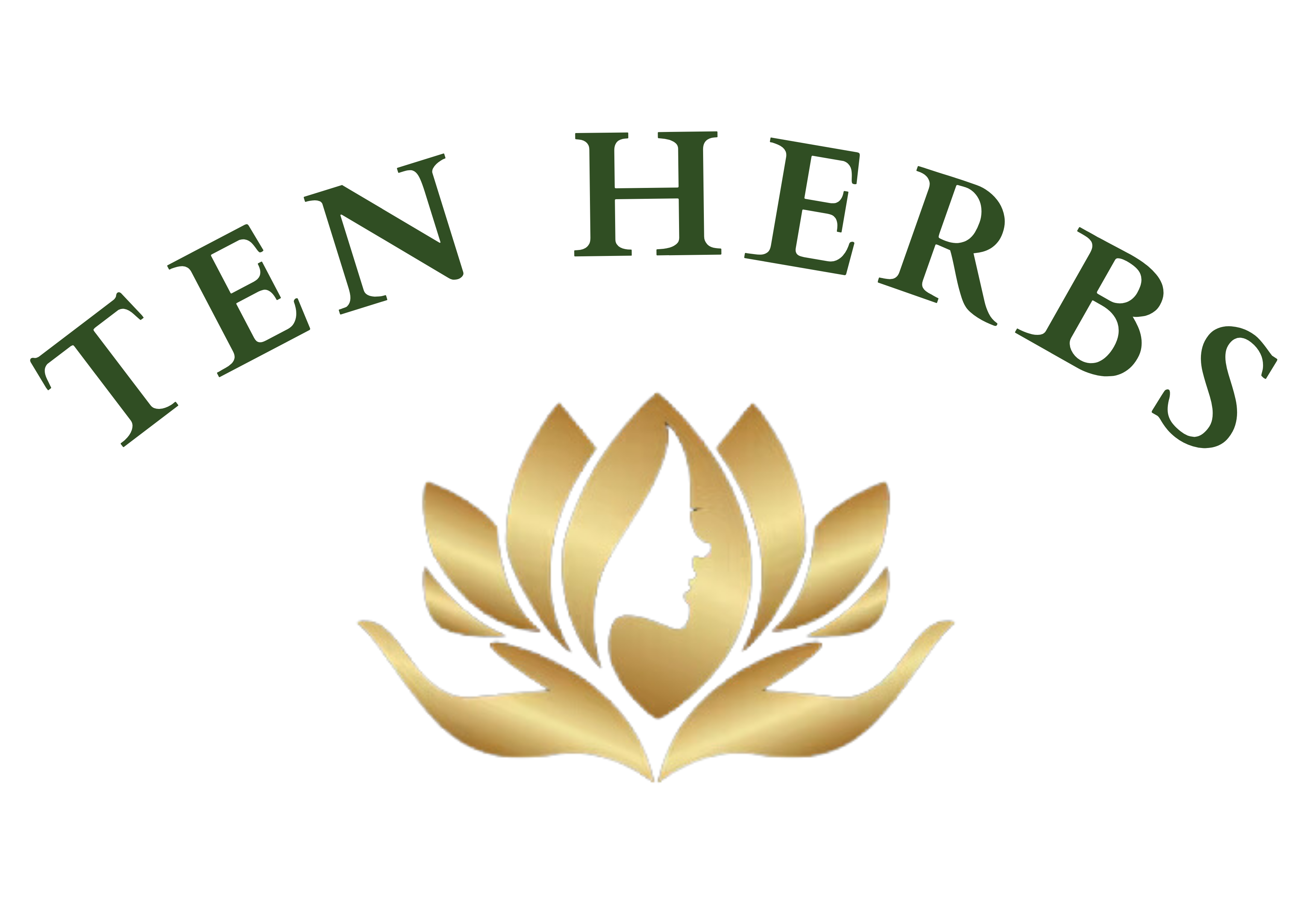Tea tree oil, derived from the leaves of Melaleuca alternifolia, has been widely recognized for its therapeutic properties among other oils. This essential oil, originally used by indigenous Australians for wound healing, has gained immense popularity in hair and scalp care due to its antifungal, antibacterial, and anti-inflammatory properties. Many dermatologists and hair care experts recommend it as a natural remedy for dandruff, itchy scalp, and even hair loss.
Why Use Tea Tree Oil for Hair?

Tea tree oil offers numerous benefits for the scalp and hair. One of its primary advantages is its ability to fight dandruff. Studies have shown that shampoos containing at least 5% tea tree oil significantly reduce dandruff by targeting the yeast (Malassezia) responsible for scalp flaking and irritation. Additionally, tea tree oil helps to maintain scalp health by keeping it free from fungal and bacterial infections, which can contribute to scalp acne, inflammation, and itchiness.
Besides treating dandruff, tea tree oil is believed to promote hair growth by improving blood circulation to the scalp and unclogging hair follicles. By removing excess oil and buildup, it creates a healthier environment for hair to grow. Many people also use it to control scalp conditions such as seborrheic dermatitis and psoriasis.
However, dermatologists caution against using undiluted tea tree oil directly on the scalp as it can cause irritation. Proper application and dilution are crucial to reaping its benefits without adverse effects.
How to Apply Tea Tree Oil to Hair
There are several ways to incorporate hair oil into your routine. Whether you use it in shampoo, as a scalp treatment, or in a nourishing hair mask, the key is to dilute it properly and apply it consistently.
1. Adding Tea Tree Oil to Shampoo
One of the easiest ways to use tea tree oil for hair is by adding it to your regular shampoo. To do this, mix about 10 drops of tea tree oil with 250 ml of your favorite shampoo. Shake the bottle well to ensure even distribution. Each time you wash your hair, apply a small amount of this mixture, lather well, and let it sit for a couple of minutes before rinsing thoroughly. This method is particularly effective for those dealing with dandruff or mild scalp irritation.
For those who prefer ready-made solutions, many shampoos available in the market contain tea tree oil as an active ingredient. Look for products with a concentration of around 5% tea tree oil, as this has been shown to effectively reduce dandruff without causing excessive dryness.
2. Tea Tree Oil Scalp Treatment
If you have a dry or itchy scalp, a direct scalp treatment with tea tree oil diluted in a carrier oil can be beneficial. To prepare this treatment, mix 5 drops of tea tree oil with 30 ml of a carrier oil such as coconut oil, jojoba oil, or almond oil. These oils provide additional nourishment and hydration to the scalp.
Before applying the mixture, part your hair into sections to expose the scalp. Using a dropper or your fingertips, apply the oil mixture directly to the scalp, massaging gently in circular motions for about five minutes. This massage not only ensures even distribution of the oil but also stimulates blood circulation, which can promote hair growth.
For best results, leave the treatment on for at least 30 minutes before washing it off with a mild shampoo. Some people prefer leaving it on overnight for deeper penetration, but this depends on individual scalp sensitivity.
3. Tea Tree Oil Hair Mask
For those who want a more intensive treatment, a hair mask incorporating tea tree oil can be highly beneficial. To make a nourishing hair mask, mix 5 drops of tea tree oil with 2 tablespoons of aloe vera gel and 1 tablespoon of coconut oil. Aloe vera adds soothing and hydrating properties, while coconut oil strengthens hair and prevents protein loss.
Apply this mask evenly to your scalp and along the length of your hair, ensuring complete coverage. Let it sit for about 30 minutes before rinsing with lukewarm water and a gentle shampoo. Using this mask once a week can help keep your scalp free from irritation while deeply conditioning your hair.
Precautions When Using Tea Tree Oil on Hair

While tea tree oil offers numerous benefits, improper use can lead to adverse reactions. Dermatologists emphasize the importance of dilution, as applying undiluted tea tree oil directly on the scalp can cause redness, itching, and irritation. A good rule of thumb is to use a 5% dilution—meaning only 5 drops of tea tree oil per teaspoon (5 ml) of carrier oil or shampoo.
Before using tea tree oil for the first time, it's advisable to conduct a patch test. Apply a diluted drop of tea tree oil on a small area of skin and wait 24 hours to check for any allergic reactions. If you experience any discomfort, discontinue use and consult a dermatologist.
Additionally, excessive use of tea tree oil can lead to scalp dryness. If you notice increased dryness or irritation, reduce the frequency of application or mix it with more hydrating ingredients like aloe vera or honey.
Dermatologist Insights on Tea Tree Oil for Hair
Dr. Syed Ghulam Abbas, an aesthetic dermatologist from Pakistan, highlights the importance of using natural oils for scalp health. He states, "Applying coconut oil to the scalp could strengthen hair and prevent damage. Similarly, dietary changes can help reduce or prevent hair loss. However, when using essential oils like tea tree oil, it's crucial to dilute them properly to avoid scalp irritation." He also advises that oiling should not be done more than twice a week and should be accompanied by a gentle massage to improve blood circulation.
In the United States, dermatologists emphasize the antimicrobial and anti-inflammatory properties of tea tree oil. Dr. Joshua Zeichner, a board-certified dermatologist in New York, mentions that tea tree oil can be an effective treatment for dandruff and scalp infections when used correctly. He recommends using it in combination with other scalp-friendly ingredients like salicylic acid or ketoconazole for enhanced effects.
Conclusion
Tea tree oil is a powerful natural remedy for maintaining a healthy scalp and promoting hair growth. Whether you use it in your shampoo, as a scalp treatment, or in a hair mask, ensuring proper dilution and consistency in application is key to experiencing its benefits. While tea tree oil works wonders for dandruff, itching, and fungal infections, it should be used with caution, especially for individuals with sensitive skin. Consulting a dermatologist before incorporating it into your hair care routine can help prevent potential side effects and ensure safe usage.
With regular and correct application, tea tree oil can contribute to healthier, shinier hair while keeping common scalp issues at bay.
